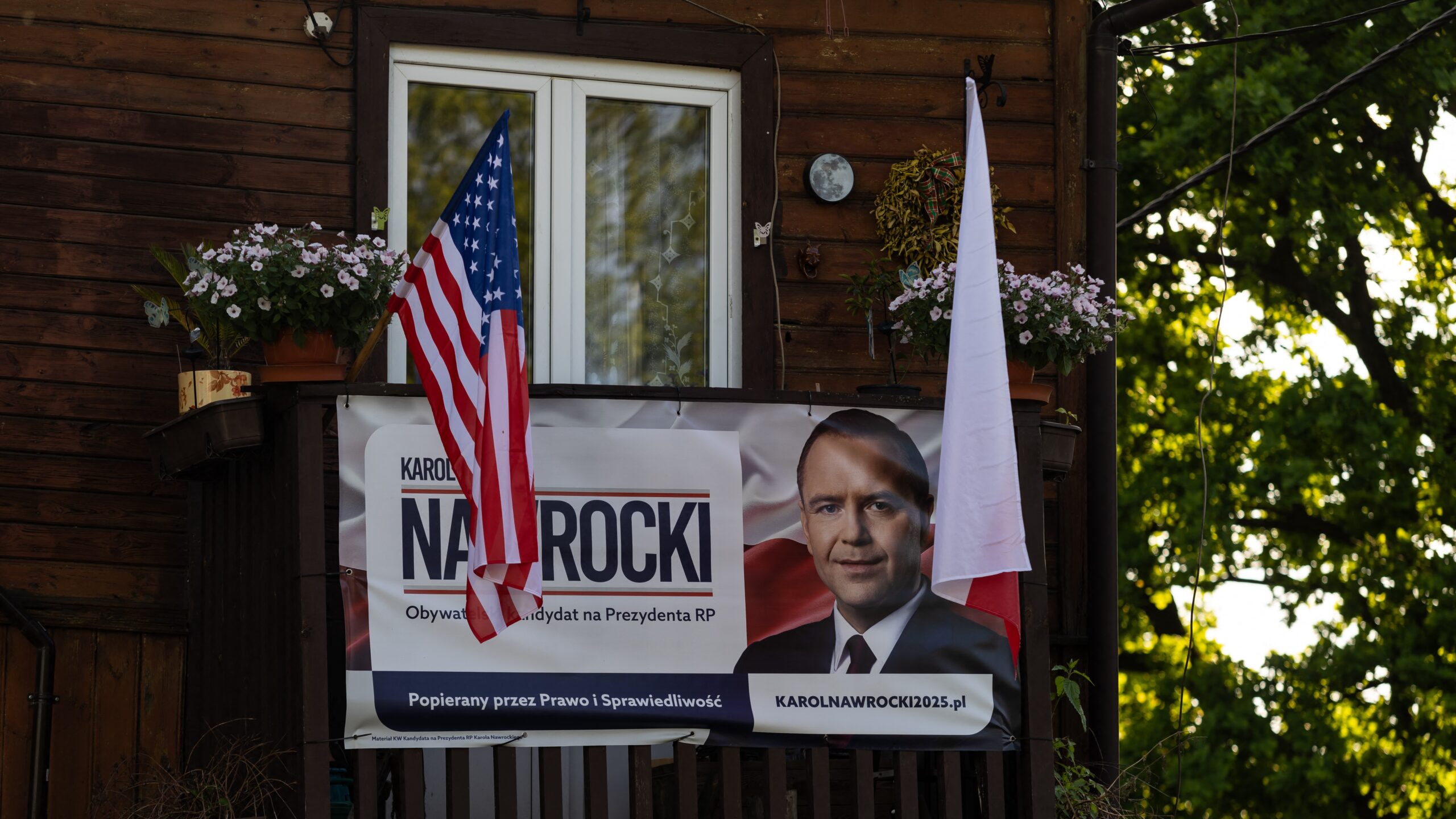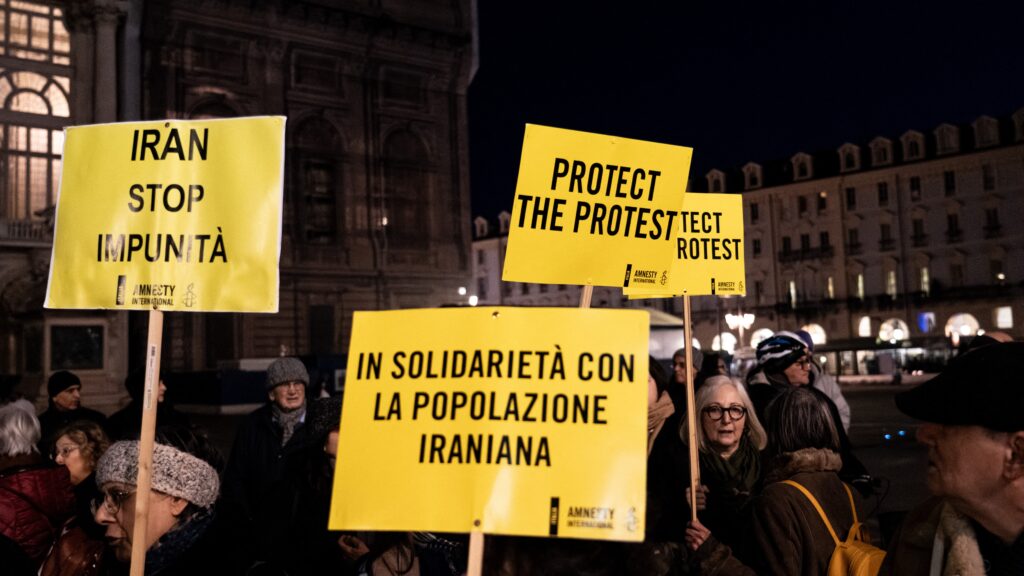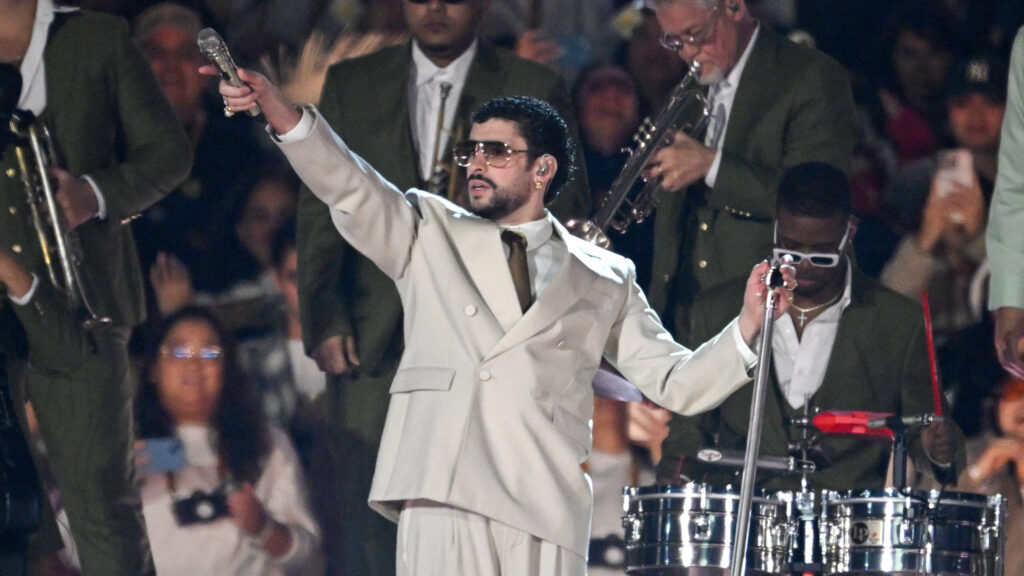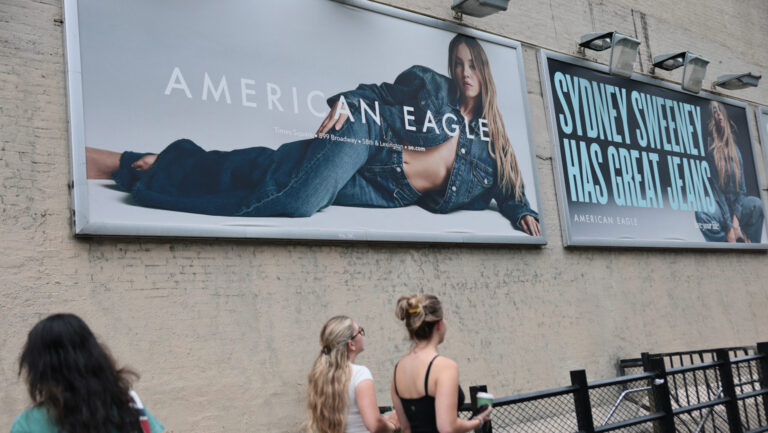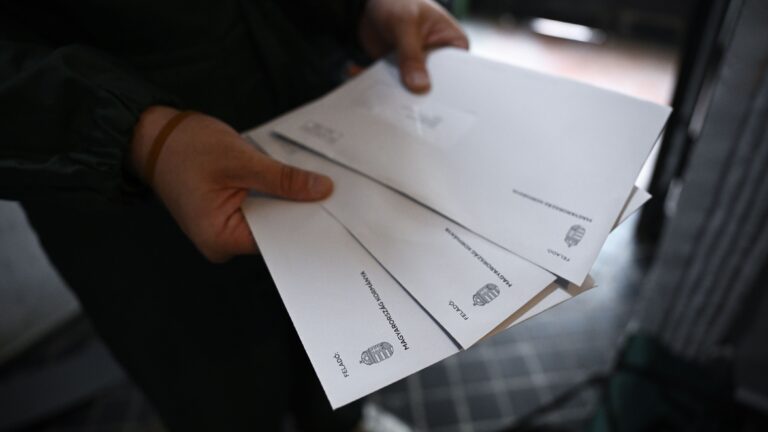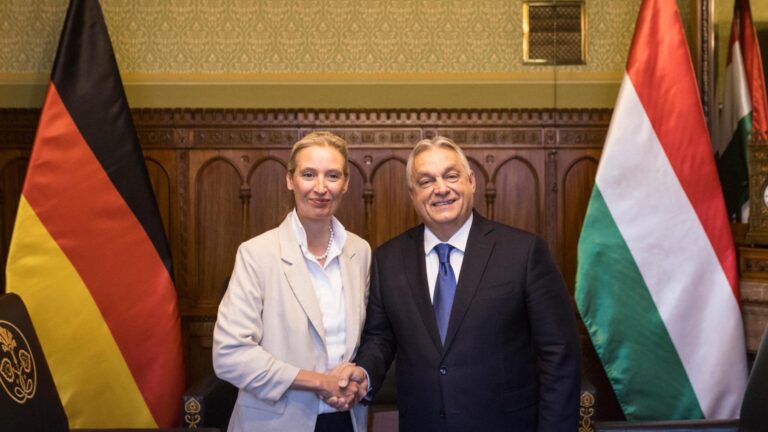In the closing stages of last year’s American presidential campaign, both candidates made gestures to the Polish–American community, particularly in the critical state of Pennsylvania. The idea was fanciful, as argued in this Hungarian Conservative piece from the time, but the enormous campaign machines were not inclined to leave any stone unturned.
Several months later, the inverse scenario is on display, as Polish presidential candidates are courting some of the same Polish American voters, and, in the case of Dr. Karol Nawrocki’s campaign, the new administration in Washington.
On 1 May, Nawrocki attended an event commemorating the National Day of Prayer at the White House and met with President Trump. ‘Great meeting with @POTUS. It was an honour to discuss the bright future of Poland–U.S. relations,’ the candidate wrote on X.
Karol Nawrocki on X (formerly Twitter): “Great meeting with @POTUS. It was an honour to discuss the bright future of Poland-U.S. relations. https://t.co/FTM2Yrxgl6 / X”
Great meeting with @POTUS. It was an honour to discuss the bright future of Poland-U.S. relations. https://t.co/FTM2Yrxgl6
Nawrocki additionally met with Secretary of State Marco Rubio, Speaker of the House of Representatives Mike Johnson, Secretary of Health and Human Services Robert F. Kennedy Jr., White House Chief of Staff Susie Wiles, and Representative Jim Jordan. Two days later Nawrocki visited various Polish–American celebrations in Chicago commemorating Poland’s Constitution of 3 May 1791.
The meeting with President Trump was unusual for a non-incumbent candidate actively seeking office. The visit ‘can be viewed as a kind of endorsement,’ according to Dr. Jarosław Szczepański, a professor specializing in Polish and American politics at the University of Warsaw. ‘This can be interpreted as support because the U.S. administration, seeing that Nawrocki could be a continuation of Andrzej Duda’s presidency, is supporting him as much as diplomatic protocol allows.’
Indeed, the relationship between outgoing President Duda and President Trump has been warm. Polish media figures have even conjectured whether Duda helped arrange Nawrocki’s visit. In particular, speculation focused on the 26 April funeral of Pope Francis, when Duda and Trump sat near one another, and the two were photographed exchanging hugs and a few friendly words.
‘The relationship between outgoing President Duda and President Trump has been warm’
‘During the conversation, the topic of the presidential election came up, with a reference to the current President Duda, who is a friend of President Trump,’ explained Nawrocki. ‘It is clear that this relationship is important to President Trump.’
The candidate also enjoyed some of the U.S. President’s trademark confidence. ‘President Trump said, “you will win” [expression in English]. I interpreted this as a kind of wish for success in the upcoming elections.’
Commentators sympathetic to Prime Minister Donald Tusk and Warsaw Mayor and Nawrocki opponent Rafał Trzaskowski predictably condemned the visit.
‘Apparently PiS has no problem with budget subsidies today, because a photo with Trump certainly costs money,’ said Marek Sawicki, Senior Marshal of the Sejm [a reference to the government’s controversial withholding of election funds from the main opposition party, PiS]. ‘Trump doesn’t do anything for free.’
Another widespread complaint from the government camp was that of foreign interference in Polish elections. ‘After the clear support of the United States for Karol Nawrocki, there has been a lot of noise from [Tusk and Trzaskowski’s party] PO’, PiS MEP Patryk Jaki wrote. ‘The funniest thing, however, is how they say that “external forces should not interfere in our elections.” They, of all people?’ The Americans ‘know perfectly well that PO is a pro-German party,’ he added.
Pro-government circles advertise their foreign support selectively, but the widespread backing of Tusk’s coalition (and, by extension, Trzaskowski) among Western liberal institutions is universally understood in the Polish political sphere.
Trzaskowski bolstered this brand identity with a recent post in which he wrote ‘polish’ [sic] in all lower-case letters, while capitalizing ‘British’, ‘German’, and ‘NATO’. ‘In lower-case “polish”, “German” and “British” in upper-case’, wrote conservative political commentator and Duda ally Paweł Rybicki. ‘The most concise summary of who Trzaskowski is.’
‘In lower-case “polish”, “German” and “British” in upper-case…The most concise summary of who Trzaskowski is’
The government camp has not entirely written off dialogue with the Polish–American community. Minister of Foreign Affairs Radosław Sikorski, who lost the internecine battle with Trzaskowski for the presidential nomination, conjured a smile for a video greeting ‘compatriots beyond the country’s borders’ on Polish Diaspora Day, 2 May. It was a subtle nod to Poland–U.S. relations, which the Tusk government is struggling to define.
As is often the case in fiercely contested campaigns, however, the pro-government camp’s order of battle features its share of blunt force. The Nawrocki campaign has earned recent headlines with a public endorsement from President Duda and the meeting with President Trump, and Trzaskowski allies have responded with what Americans call an ‘October surprise’ (U.S. federal elections, including presidential elections, occur in early November).
Polish media and pro-government politicians have seized on a journalist’s allegation that Nawrocki is obtaining improper benefits from an apartment he owns in Gdańsk. His spokeswoman has accused the state security services of a ‘dirty campaign’ to discredit him.
To President Trump and Polish–American allies, the episode surely recalls the final week of last year’s American presidential campaign, when corporate media desperately promoted the idea that a comedian’s joke about Puerto Rico at a rally would sink Trump’s candidacy.
Perhaps Prime Minister Tusk, who has been in politics for a long time, has reached a similar conclusion. According to news outlet Wprost, an interlocutor asked what he will do if Trzaskowski loses. ‘I’ll manage,’ the prime minister reportedly answered.
Related articles:

